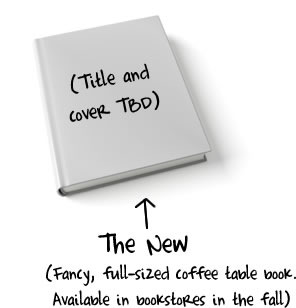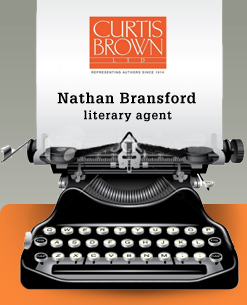Like a persistent two year old throwing a tantrum, a chain saw whines and screams and subsides only to whine again a few minutes later. Angry. Testy. Persistent. Closer — outside my window — chimes cling and clong in the breeze. They dangle beneath an enormous ginkgo tree and emit pleasant music whenever the wind blows. Chain saw versus wind chimes. I try to organize my thoughts in digital scrawl, postulating, developing, concluding. Posting. Re-posting. Whine. Cling. Scream. Clong. A garbage truck thunders past, doubling (tripling?) the thirty mile per hour speed limit. Then a slow car. Another. Then quiet except for the crinkle-strain-crinkle-strain of the palm paddles on the ceiling fan above my head. Type. Click, click, click. The ferry rumbles, reversing its engines to slow its momentum as it glides into the dock where it will disgorge motorcycles, cars, trucks that will parade past my window. Think. Type. Post.
Have you ever heard of I Write Like? I stumbled upon it this morning and my curiosity was peaked. Briefly. I scribbled out these few descriptive lines and hit the analyze button.
Instantly, the page refreshed with a verdict: I write like Cory Doctorow. Really? I’ve never read anything by Cory Doctorow. Nor am I confident that this little writing sample can offer much basis for comparison.
But I am intrigued. How does the analysis work? A bunch of bookwormish gnomes under the hood reading and arguing about style?
“What? He opens with a simile? Chuck him!”
“Yeah, give him a 404 page. He ain’t got no style…”
“Wait a minute, Clyde. Not so quick. Check out the imagery. Doesn’t that remind you of somebody?”
“Yeah, and that onomatopoeic ointment reminds me of moldy Cheeze Whiz. Sort of like that guy… What’s his name?”
“Nah, you guys have got it all wrong. It’s the rhythm. That’s the key. Trust a woman! You guys don’t know rhythm from spasm.”
“Oh, yeah? ‘Twas brillig, baby, and this slithy tove did ooze some ugly prose. Just try to tell me about rhythm, Tanya”
“Mel, you’re sooo lame, and you don’t even realize it! Anyway, you know who we’re gonna say?”
“Who?”
“Who?”
“Who?”
“Cory Doctorow.”
“You mean the guy who wrote For the Win ?”
?”
“Bingo, genius.”
“Are you kidding? Doctorow rocks! Did you ever readMakers ?”
?”
“Totally. That was killer!”
“Right, and this slacker sho ain’t no Cory Doctorow!”
“Sorry, boys, you’re out of time. I’ve just reloaded the page for him. You snooze, you lose.”
“Oh, my gawd. Look at him. He’s all puffed up and proud. Yuck!”
“He’s probably going to go brag about it, blog about it, tweet about it… Our cred is shot!”
“What cred?”
Are you intrigued? Do you write like Michael Ondaatje? Mario Vargas Llosa? Go ahead and find out. Start a gnome fight at I Write Like.
Like this:
Like Loading...












